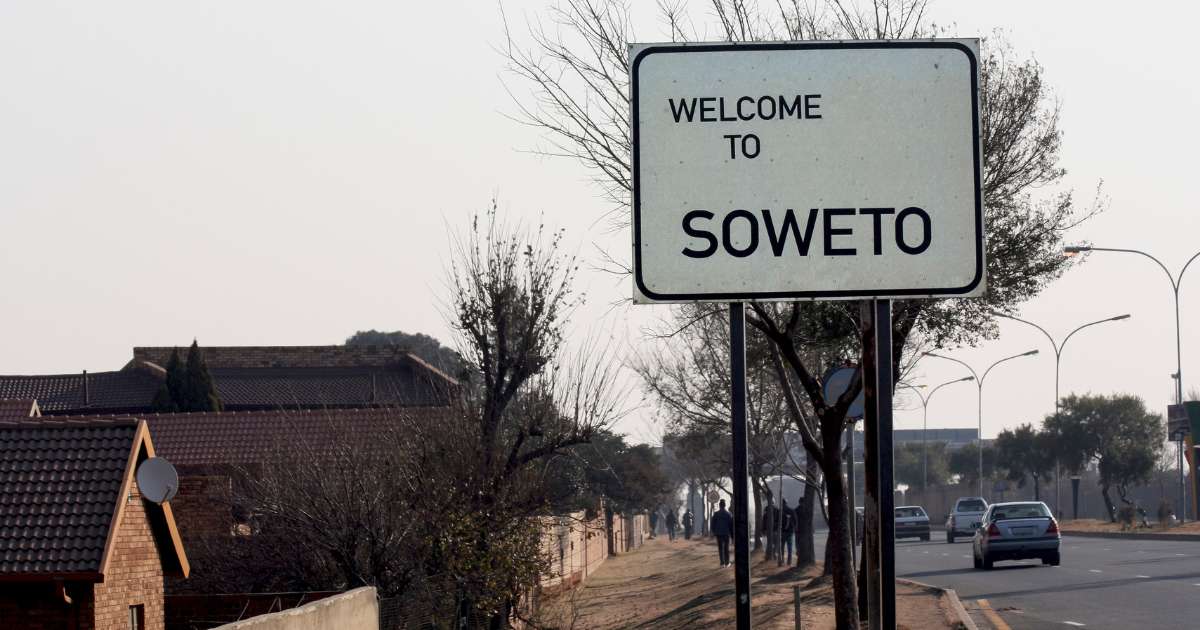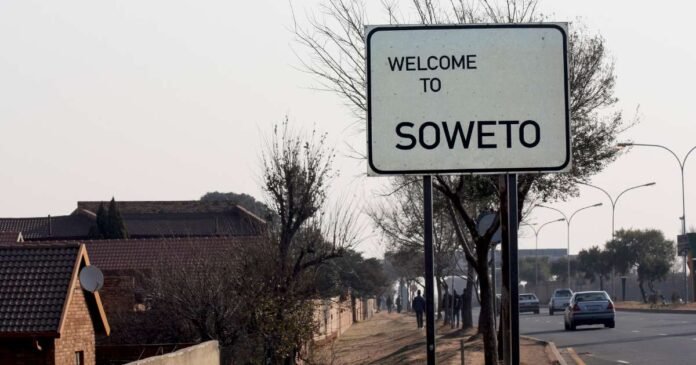
Township tourism gives tourists an opportunity to experience an integral market in South Africa. To start a township tourism business, you must first understand the history of South African townships.
When you think of South African tourism, it’s easy to picture high-end resorts in Limpopo, tall buildings in Sandton, or beach houses in Cape Town. However, on the other side of the glitz and glam South Africa has to offer, is the reality of over 20 million South Africans in townships.
Due to South Africa’s history of segregation through Apartheid laws, black South Africans were placed in townships. Close enough to the towns and cities but intentionally segregating them from other races. While the intention behind townships was to exclude marginalised groups. Today, a new light is shed on townships, opening up opportunities for township tourism.
Township Economies and Tourism
Today, decades later from the end of Apartheid, millions of South Africans remain in the townships, some remain due to the lasting effects of segregation, and others dwell there because of rural to urban migration. No matter the reason, the township breeds its own life and has produced an economy worth R900 billion.
Hence, if done intentionally, township tourism can be a lucrative business. “Starting a township-focused business begins with solving a real community problem. We launched our business through relatability – aiming to solve the issue of beverage shortages at township functions. That simple insight connected us to every township celebration. Our biggest breakthrough came from understanding cultural moments”, says Mamaitse Moyo, Business Development Manager of Blue Wave Mobile Bar.
She continues to explain that the key to township business success isn’t traditional marketing, it’s community trust. “One satisfied family leads to three more bookings from relatives who attended their event. Our advice is for businesses to understand your community’s real needs, speak their language authentically, and let your quality work become your marketing strategy”.
Providing Solutions Through Rural and Township Tourism
“I had no tourism experience when I got into this field, and it was tough. I found myself in the space as I wanted to provide a solution for people who attend weddings and funerals who might come from far and not have a place to sleep”, says Carol Maithufi, founder of TshiBerry B&B in Phokeng, Rustenburg.
In a panel discussion at Africa’s Travel Indaba 2025, Carol narrated a frustrating experience where she and her husband attended a wedding in a village in Bloemfontein, but couldn’t find accommodation in the area, forcing her to find a place in town, which was far from the wedding. Through her frustration, she created a business that delivered a solution to what she experienced. She now runs one of the many tourism businesses that are thriving in South Africa.
Carol’s experience shows us that there’s an existing gap in townships and rural areas. Townships not only have weddings and funerals every weekend, but also have a huge market for the events scene where DJs and local artists host events and pubs, clubs, and restaurants in the township – bringing in visitors from near and far.
The Do’s and Don’ts in Building a Township Tourism Business
Do’s
- Get your business graded through the Tourism Grading Council.
- Hire and train locals to create jobs and ensure authenticity.
- Uplift local talent by giving artists, guides, and chefs a platform.
- Build strong relationships with community leaders and members.
- Offer experiences that highlight township culture, history, and daily life respectfully.
- Focus on solving real community problems. This can include accommodation or transport gaps.
- Deliver high-quality service.
- Upskill yourself and your team with tourism courses for small businesses.
- Consult with a legal expert to ensure you have your ducks in a row.
- Have a website and marketing strategy.
- Listen to feedback from locals and visitors to improve your offerings.
- Promote sustainable practices that benefit both the business and the community.
- Thoroughly research the area you’d like to launch your business in.
Don’ts
- Don’t make locals uncomfortable by engaging in poverty tourism.
- Don’t operate a rural or township business without involving local experts.
- Don’t exploit locals. Ensure fair compensation for everyone involved.
- Avoid imposing outside ideas without consulting the community.
- Don’t ignore safety and infrastructure concerns. Both visitors and locals should feel secure.
- Avoid superficial marketing that misrepresents township life. Authenticity is key.
- Don’t prioritise short-term profit over long-term community impact.
- Don’t ignore cultural sensitivities. Ensure you respect local traditions and norms.
- Avoid low-quality experiences that could harm your reputation.







